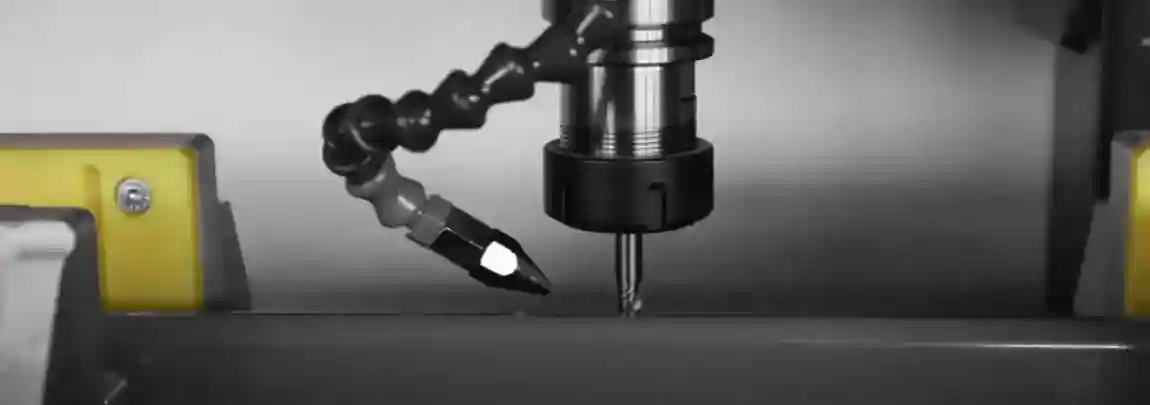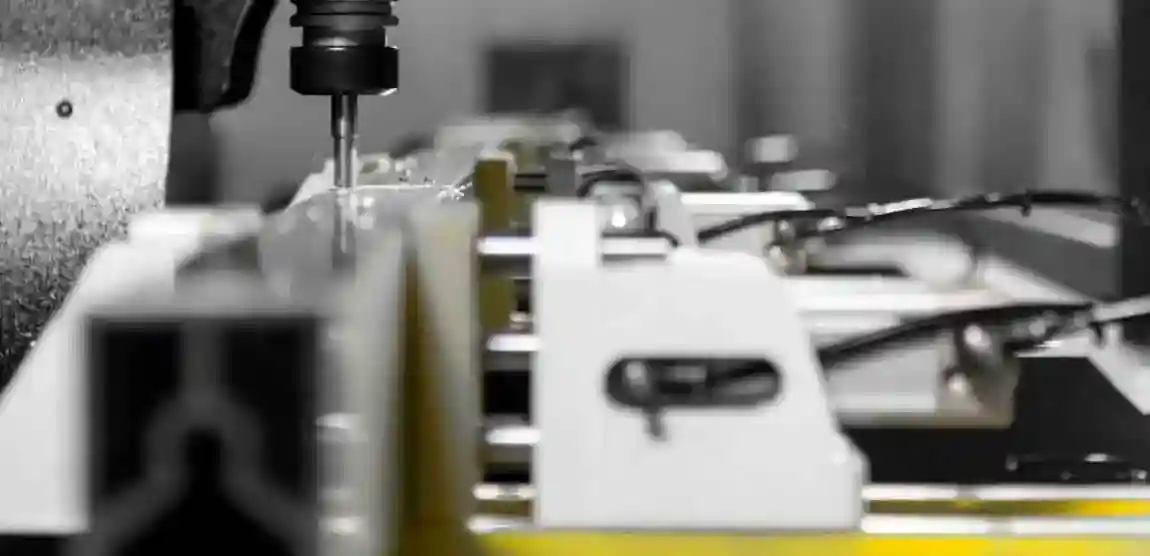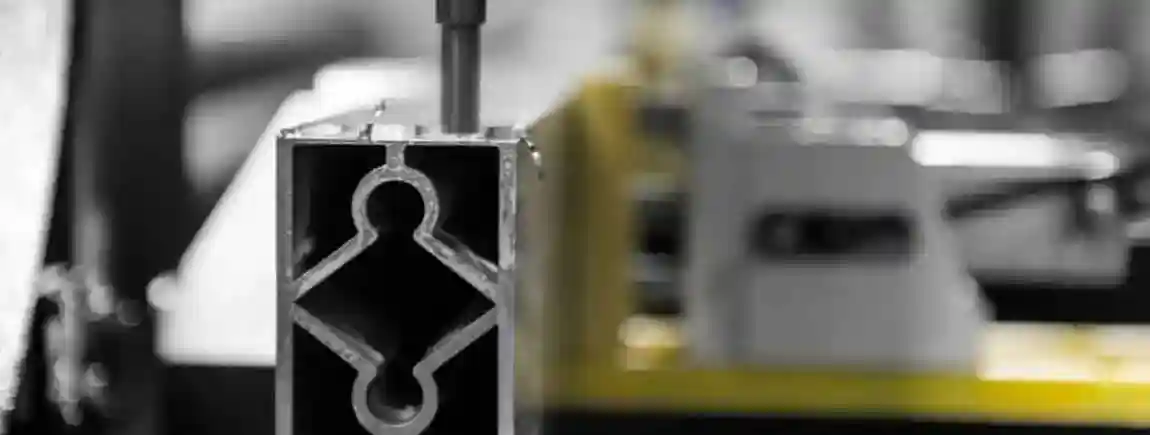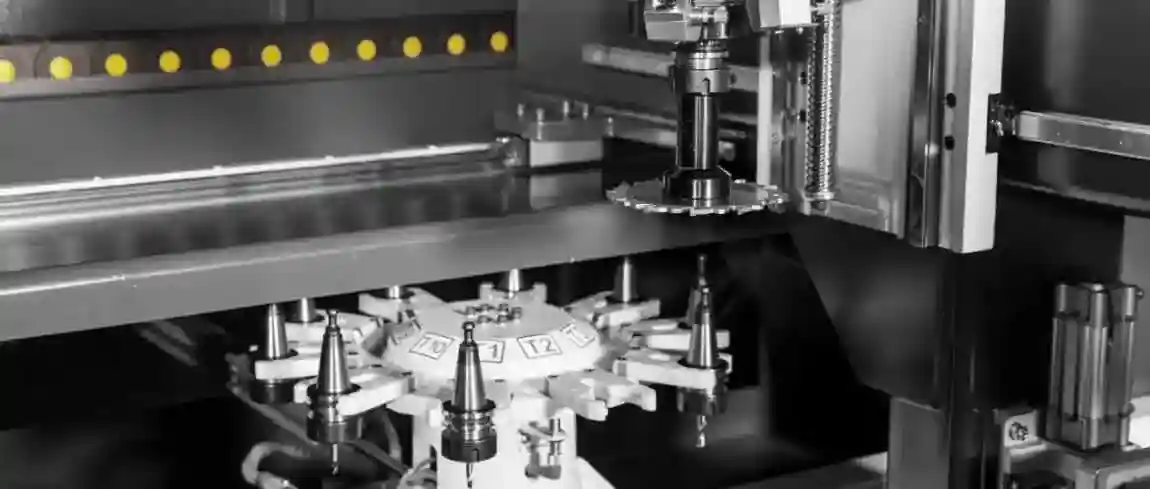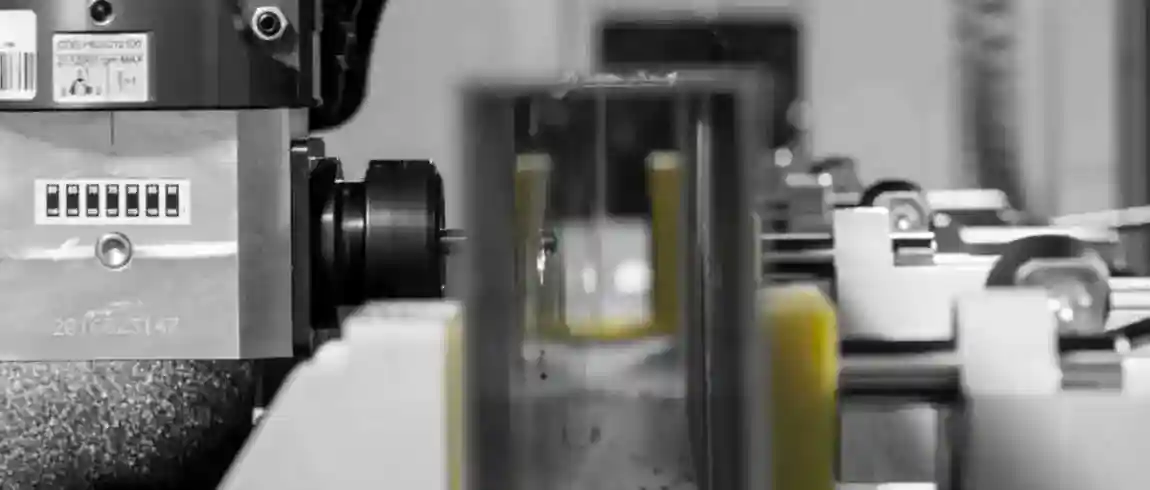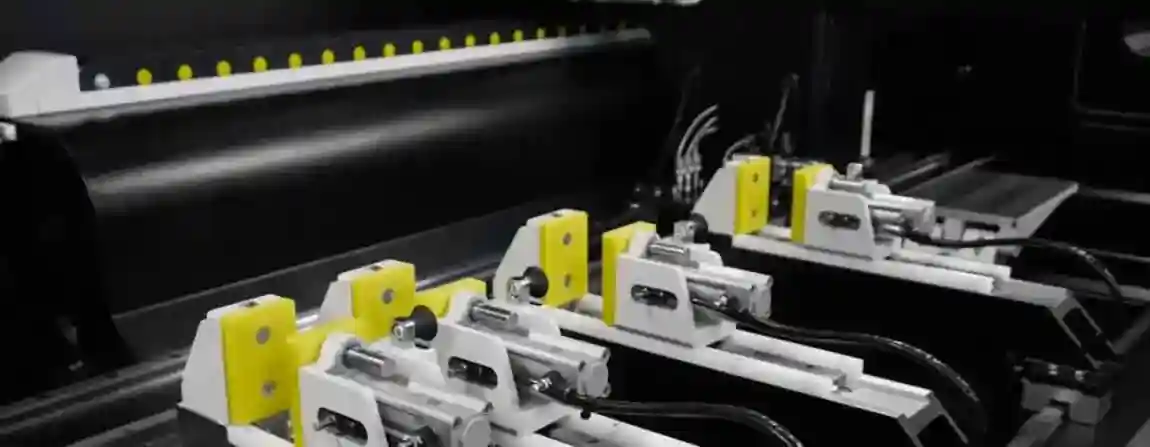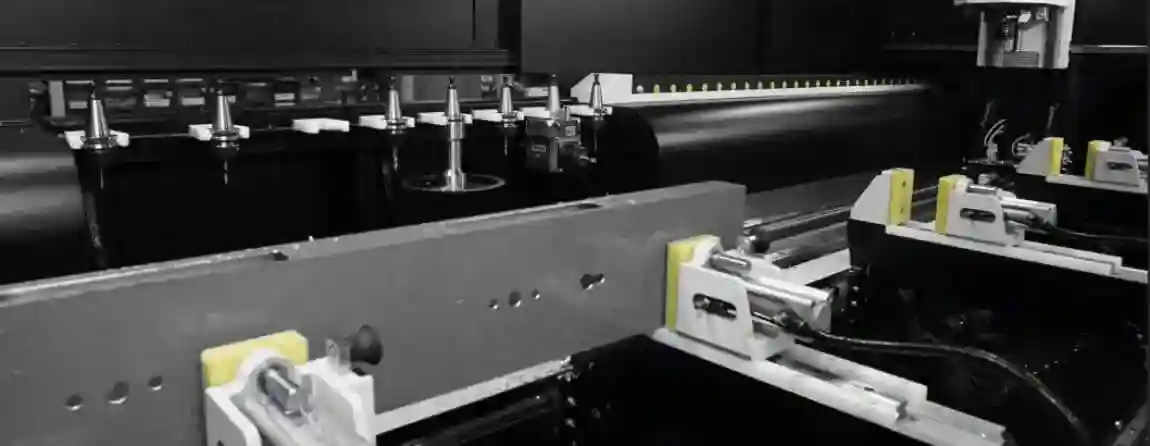-

Company
Product
ALUMINIUM MACHINES
PORTABLE MITER SAWS FOR ALUMINUM
PORTABLE COPY ROUTER MACHINES FOR ALUMINIUM
PORTABLE END MILLING MACHINES FOR ALUMINIUM
AUTOMATIC MITER SAWS FOR ALUMINIUM
COPY ROUTER MACHINES FOR ALUMINIUM
END MILLING MACHINES FOR ALUMINIUM
ALUMINUM CORNER CRIMPING MACHINE
DOUBLE MITRE SAWS FOR ALUMINIUM
AUTOMATIC SAWS FOR ALUMINIUM
BAR PROCESSING CENTERS
MACHINING CENTERS FOR ALUMINIUM COMPOSITE PANELS
NOTCHING SAWS
WEDGE CUTTING SAWS AND NOTCH CUTTING SAWS
MITER SAWS FOR ALUMINIUM
PVC PLASTIC MACHINES
PORTABLE MITER SAWS FOR PLASTIC
PORTABLE COPY ROUTER MACHINES FOR PLASTIC
PORTABLE END MILLING MACHINES FOR PLASTIC
MITER SAWS FOR PLASTIC
COPY ROUTERS FOR PLASTIC
END MILLING MACHINES FOR PLASTIC
WELDING MACHINES FOR PLASTIC
CORNER CLEANING MACHINES FOR PLASTIC PROFILES
DOUBLE MITRE SAWS FOR PLASTIC
BAR PROCESSING CENTERS
GLAZING BEAD SAWS
AUTOMATIC MITRE SAWS FOR PLASTIC
METAL MACHINES
MANUAL METAL SHEET BENDING MACHINE
MANUAL BENDING MACHINES
HYDRAULIC BENDING MACHINES
NON MANDREL BENDERS
PLATE BENDING MACHINES
BORDERING AND TRIMMING MACHINES
HORIZONTAL PRESSES
BELT GRINDING MACHINES
PIPE NOTCHING MACHINES
PIPE POLISHING MACHINES
LASER CUTTING MACHINES
PRESS BRAKES
VERTICAL TURNING CENTERS
MACHINING CENTERS
WOOD MACHINES
GLASS MACHINES
ROBOTICS SPECIAL MACHINERY
Service
Blog
Contact
Blog
- Home
- Blog
- ALUMINIUM WINDOW MACHINE
- ALUMINIUM WINDOW MACHINERY
ALUMINIUM WINDOW MACHINERY
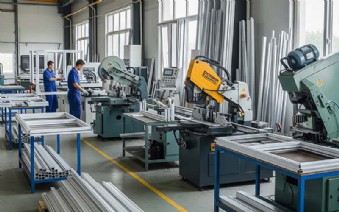
Aluminium Window Machinery – Complete Guide to Modern Aluminium Window and Façade Production
Introduction: Aluminium Windows as the Future of the Building Industry
Windows are far more than just openings in a wall. They define the appearance of a building, regulate light entry, improve energy efficiency, and contribute to security and sound insulation.
While wooden windows were standard for centuries and PVC windows have become increasingly popular in recent decades, aluminium windows are today regarded as the premium solution in window manufacturing.
Aluminium windows impress with:
-
long service life
-
high stability
-
corrosion resistance
-
slim frames with large glass surfaces
-
flexible use in residential construction, commercial buildings, and especially in high-rise façades
But without specialized machinery, the production of such windows would not be possible. This is where Aluminium Window Machinery comes in – advanced systems that take over every step of the process: sawing, cutting, drilling, milling, grooving, slotting, engraving, marking, cleaning, and assembling.
What Is Aluminium Window Machinery?
Aluminium Window Machinery includes all machines specifically developed for the processing of aluminium profiles for windows, doors, and façades. They enable precise, fast, and economical production of frames, sashes, glazing beads, and complete window systems.
These include:
-
Profile machining centers (for milling, drilling, grooving, engraving)
-
Double-miter saws (for exact angle cuts)
-
Copy routers (for hardware holes and special machining)
-
Drilling and milling machines (for hinges, locks, handles)
-
Assembly machines (for seals, glazing beads, reinforcements)
-
Automatic production lines (for high-volume manufacturing)
History of Aluminium Window Production
The first aluminium windows appeared on the market in the 1950s, primarily for commercial buildings and high-rises. At that time, glass façades and curtain wall systems became increasingly popular, requiring strong and durable framing systems.
With the boom in modern architecture, the demand for precise machines capable of machining aluminium profiles to the millimeter increased. While early manufacturers used simple saws and manual drills, today’s production relies on fully automated machining centers with digital control, programmable software, and integration into ERP and BIM systems.
Types of Aluminium Window Machinery
1. Profile Machining Centers
-
Multi-axis systems for milling, drilling, grooving, engraving
-
Automatic tool changers for different operations
-
Processing of frames, sashes, mullions, and façade components
-
Digital precision through software control
2. Double-Miter Saws
-
Cutting profiles at 45°, 90°, and custom angles
-
Perfect for window frames, doors, and glazing beads
-
High cutting speed with repeatable accuracy
-
Often with automatic length optimization
3. Copy Routers
-
For openings for hardware, handles, hinges
-
Milling of keyholes and special grooves
-
Essential for functionality of aluminium windows
4. Drilling and Milling Machines
-
Automated drilling of hinge holes, handle cutouts, lock openings
-
Simultaneous processing of multiple profiles
-
Efficient for large production volumes
5. Assembly Machines
-
Insertion of seals, glazing beads, reinforcements
-
Simplifies final assembly
-
Increases productivity in serial production
6. Automatic Production Lines
-
Integration of cutting, drilling, milling, cleaning, assembly
-
Continuous workflow without manual interruption
-
Ideal for industrial-scale aluminium window manufacturing
Production Process for Aluminium Windows
A typical workflow includes:
-
Profile cutting – aluminium profiles cut to length with double-miter saws.
-
Profile machining – drilling, milling, and grooving for fittings and drainage.
-
Frame assembly – joining of profiles into frames and sashes.
-
Cleaning – removal of chips and machining residues.
-
Accessory installation – hinges, handles, gaskets, seals.
-
Glazing – inserting and securing glass panes.
-
Quality inspection – checking dimensions, stability, and appearance.
Applications of Aluminium Window Machinery
-
Residential construction – premium aluminium windows for houses and apartments
-
Commercial construction – durable door and window systems for offices, hotels, shopping centers
-
Façade construction – machining of profiles for glass façades, curtain walls, lattice façades
-
Industrial construction – large aluminium structures for halls, factories, and public buildings
-
Mass production – large-scale manufacturing for real estate projects
-
Custom fabrication – tailor-made solutions for special architectural projects
Advantages of Modern Aluminium Window Machinery
-
Precision – millimeter-accurate machining for perfect fitting
-
Productivity – short machining times thanks to automation
-
Flexibility – suitable for different profile types and dimensions
-
Cost efficiency – reduced material waste and labor costs
-
Sustainability – recycling of aluminium chips, energy-efficient drives
-
Durability – robust construction for decades of use
-
Quality assurance – consistent results through digital monitoring
Future of Aluminium Window Machinery
The future lies in fully automated smart factories. Key trends include:
-
Robotics – automatic loading, unloading, and assembly
-
Artificial intelligence – self-learning and optimizing production processes
-
Digital twins – real-time monitoring of machines and production lines
-
5-axis machining – for complex geometries and special designs
-
Connectivity – direct integration with planning and design software
-
Energy optimization – lower power consumption with higher performance
As a result, aluminium window factories are transforming into intelligent production facilities delivering maximum output with minimal manual labor.
Conclusion
Aluminium Window Machinery is the backbone of modern window, door, and façade production. Without these machines, the construction of high-rises, glass façades, and modern housing projects would not be possible.
Companies investing in this machinery secure maximum precision, productivity, sustainability, and competitiveness.
- aluminium window machinery
- aluminium window machine
- aluminium window machines
- aluminium profile machining machine
- window profile aluminium machine
- aluminium CNC machining center
- double miter saw aluminium window
- copy router aluminium window
- aluminium profile milling machine
- aluminium profile drilling machine
- aluminium window production line
- automatic aluminium window production
- aluminium frame processing
- aluminium door and window machines
- aluminium profile cleaning machine
- aluminium window fabrication machine
- aluminium window manufacturing machine
- aluminium profile cutting machine
- aluminium profile processing machinery
- aluminium facade machinery
 GERMANY
GERMANY ENGLISH
ENGLISH FRANCE
FRANCE SPAIN
SPAIN PORTUGAL
PORTUGAL

